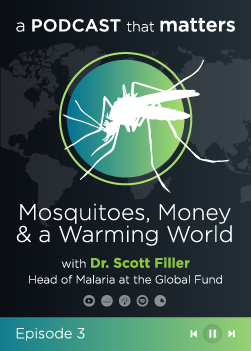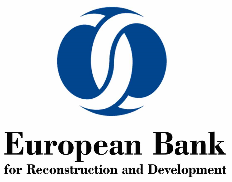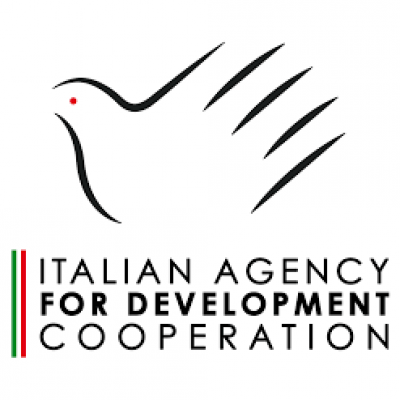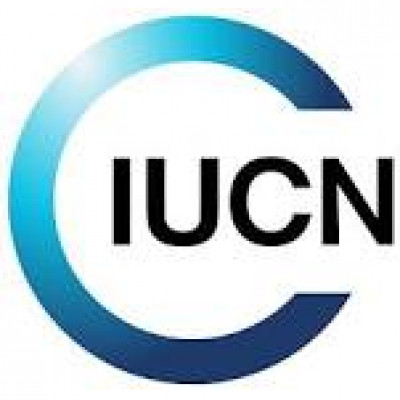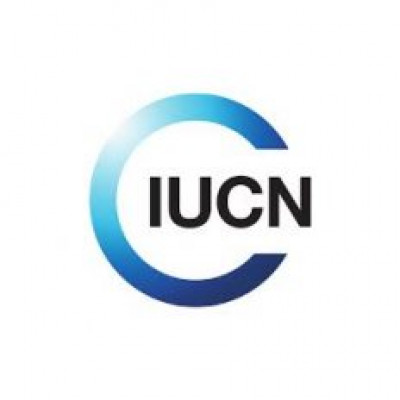Details
Description
Background
UNDP is implementing an Adaptation Fund-funded project “Integrated climate-resilient transboundary flood risk management in the Drin River basin in the Western Balkans (Albania, Montenegro and North Macedonia)” (hereinafter Drin FRM Project). The project aims to assist the riparian countries in the implementation of an integrated climate-resilient river basin flood risk management approach to improve their existing capacity to manage flood risk at regional, national and local levels and to enhance resilience of vulnerable communities in the Drin River Basin (DRB) to climate-induced floods. The following results shall be achieved: (i) Improved climate and risk informed decision-making, availability and use of climate risk information;(ii) Improved institutional arrangements, legislative and policy framework for climate-resilient flood risk management (FRM), and development of climate change adaptation (CCA) and FRM strategy and plans at the basin, sub-basin, national and sub-national levels; (iii) Strengthened community resilience through improved flood management, through implementation of structural and non-structural measures and enhanced local capacity for CCA and FRM.
Duties and Responsibilities
The impacts of climate-induced flooding are exacerbated by the anthropogenic pressures including rapid urbanization and unplanned development in the floodplain; deforestation; poor solid waste management; unsustainable use of land and water resources; intensive agriculture, forestry and mining activities; unsustainable tourism. Diverse and often conflicting uses and unsustainable management approaches applied in the Drin Basin exert severe pressures on the Basin’s ecosystems leading to their degradation.
Some of these key pressures are solid waste & marine litter; wastewater; unsustainable use of water resources; hydro-morphological interventions including the construction of dams; extraction of minerals/mining; intensive agriculture and forestry; uncontrolled and often illegal fishing and hunting; erratic land use and urban development; unsustainable tourism; increasing climate variability.
The national expert will provide analytical and technical support, for the Buna River target area, as a sub-basin of Drini river where most of the nature-based activities take place, in order to introduce the approach of nature-based solutions to mitigate the effects of non-climate drivers of vulnerability with a focus on fishery and unsustainable use of water resources.
The consultant will:
Get familiar with the project document, i.e., objectives, outcomes, outputs, monitoring indicators, planned activities and sub-activities including project work plan and monitoring and evaluation plan.
Develop a baseline report summarizing previous and on-going national and project driven initiatives targeting non-climate drivers of vulnerability in protected areas.
Develop a summary of the lessons learned and scaling up recommendations of nature-based solutions (NbS) targeting fishing and unsustainable use of water resources with the aim of introducing the benefits of such to the Buna/Velipoja Protected area.
Develop an inception plan, including a road- map for project planning on nature-based solutions for the target area.
Provide advice on the required institutional, legal and regulatory changes to support the reaching of the stated outcomes.
Reporting and delivery of outputs:
30%- 24 October 2022- Inception report including a report summarizing previous and on-going initiatives in NbS.
35%- 30 November 2022- A summary of the lessons learned and scaling up recommendations of NbS in the area of focus.
35%- 16 January 2022- Final report
Competencies
Core competencies:
Demonstrates integrity and fairness by modelling UN values and ethical standards.
Demonstrates professional competence and is conscientious and efficient in meeting commitments, observing deadlines and achieving results.
Display cultural, gender, nationality, religion and age sensitivity and adaptability.
Functional Competencies:
Demonstrated ability to work harmoniously in a multi-cultural environment.
Ability to work on own initiative as well as a member of a team and to work under pressure.
Excellent relationship management.
Excellent communication, facilitation, presentation, and reporting skills.
Fluency in English.
Familiarity with the specific UNDP requirements is considered as an asset.
Excellent reporting skills.
Required Skills and Experience
Education:
University Degree in environmental management, legal studies, economic studies, or relevant fields.
Work experience:
5 years of work experience with previous experience with Albania’s environment and climate change initiatives, or relevant with special attention to management and planning.
Knowledge on nature-based solution approaches in nature and/protected areas.
Previous experience with UNDP /other international donors in the region will be an asset.
Demonstrated ability to deal with and build collaboration among stakeholders.
Languages:
English and Albanian language required.
Evaluation Procedure
UNDP applies a fair and transparent selection process that would consider both the technical qualification of Individual Consultants as well as their financial proposals. The contract will be awarded to the candidate whose offer:
Is deemed technically responsive / compliant / acceptable (only technically responsive applications / candidates will be considered for the financial evaluation)
And has obtained the highest combined technical and financial scores.
Technical Criteria - 70% of total evaluation – max points: 70
Criteria A -30% or 30 points: Relevance of work experience with the assignment
Criteria B -20% or 20 points: Education Background
Criteria C- 20% or 20 points: Previous work experience with Albania’s environment and climate change initiatives, or relevant
Financial Criteria - 30% of total evaluation – max points: 30

